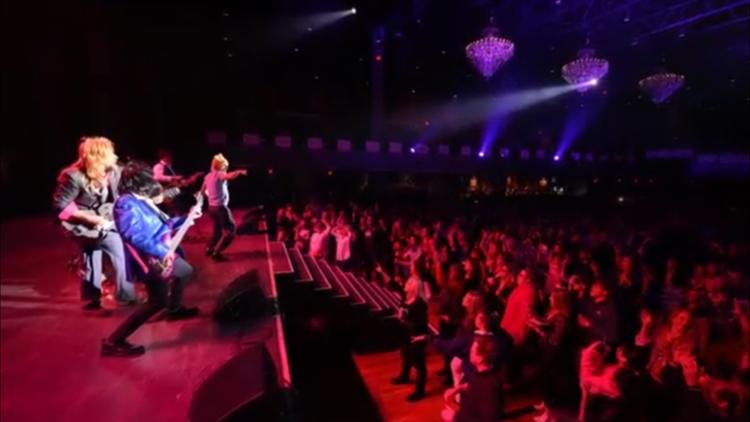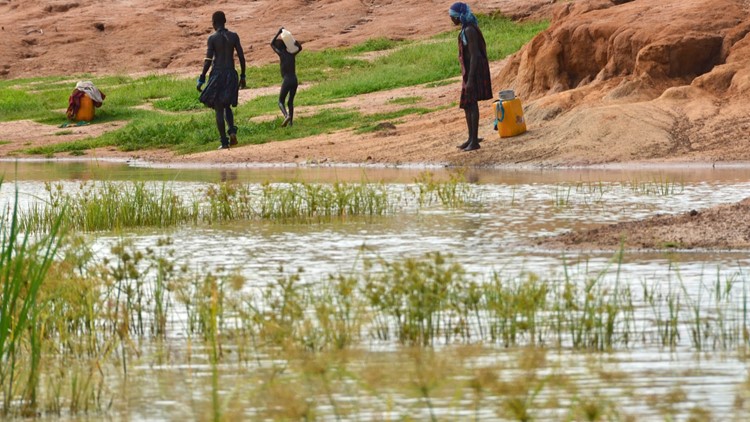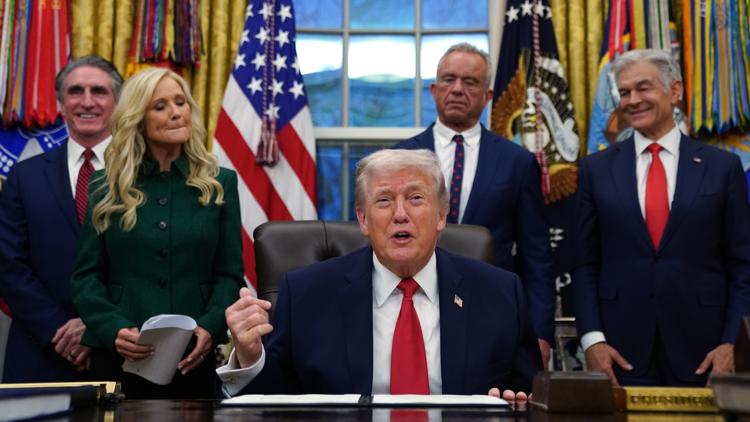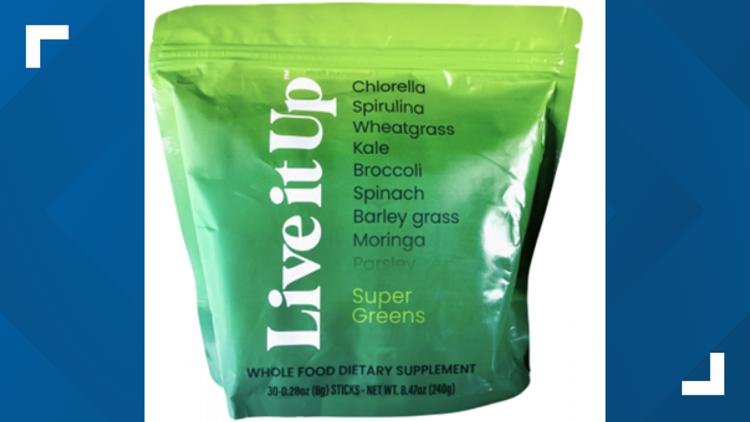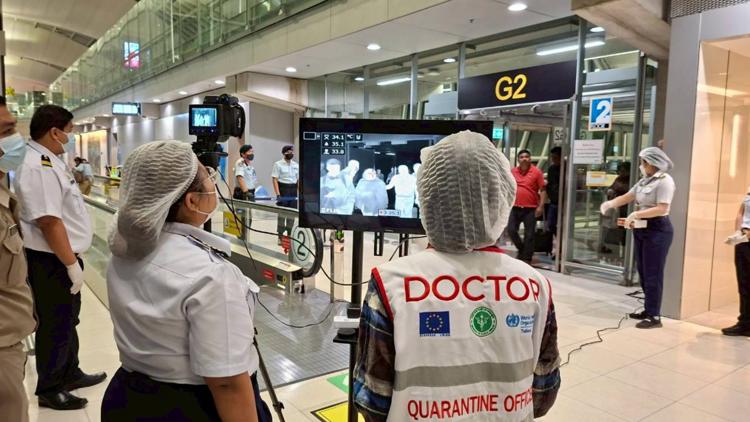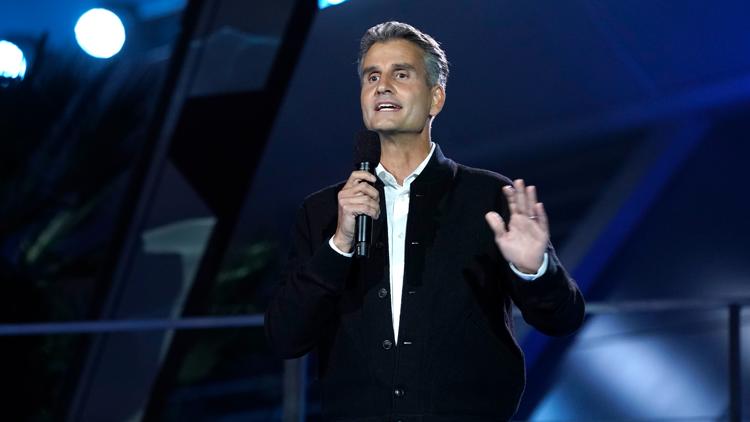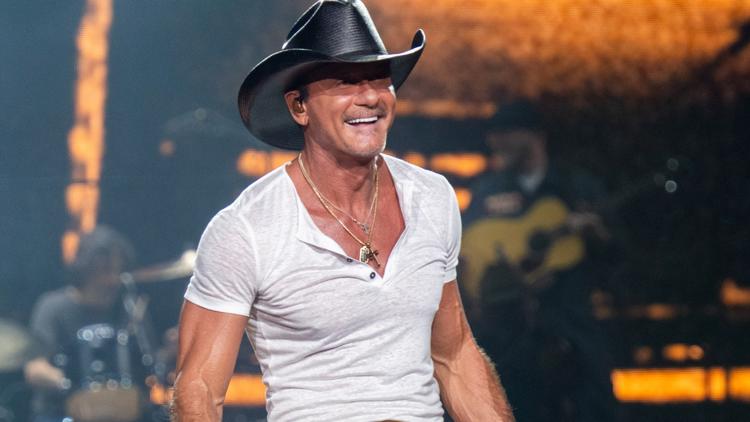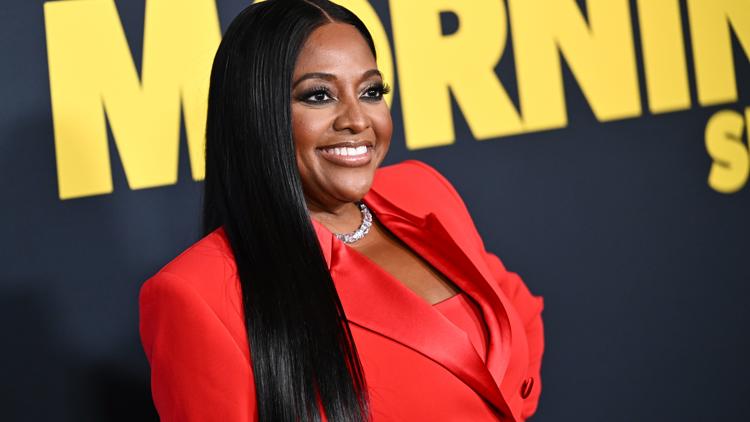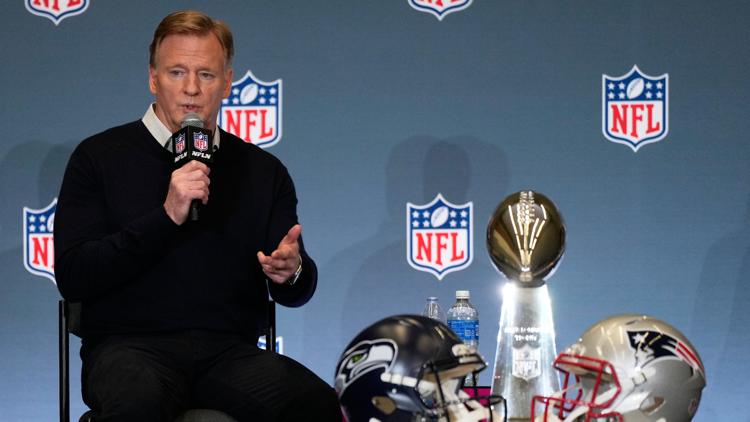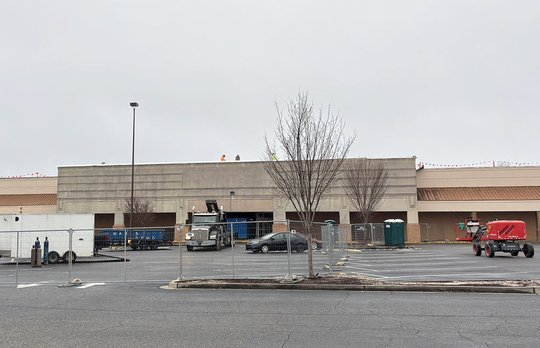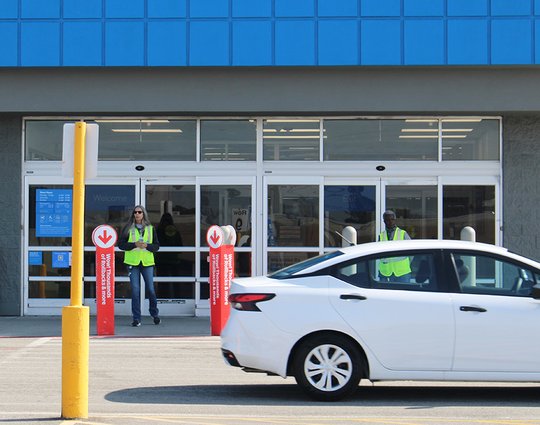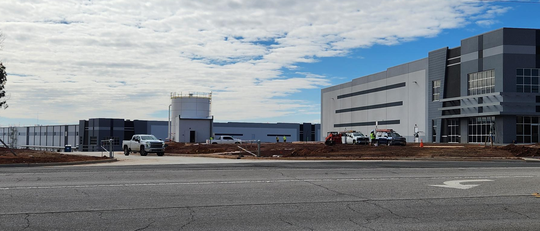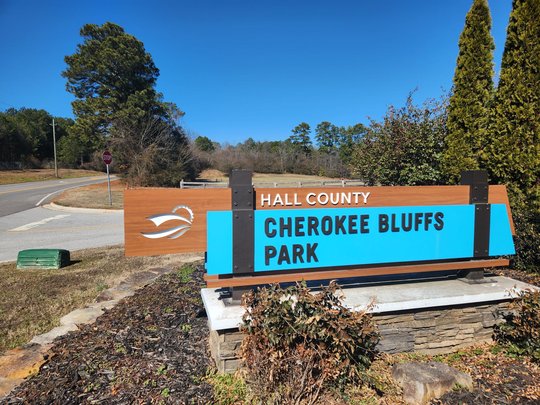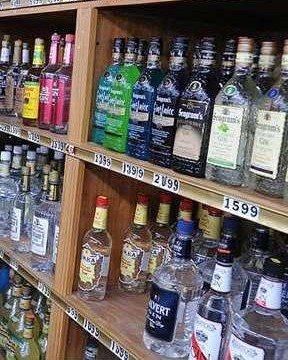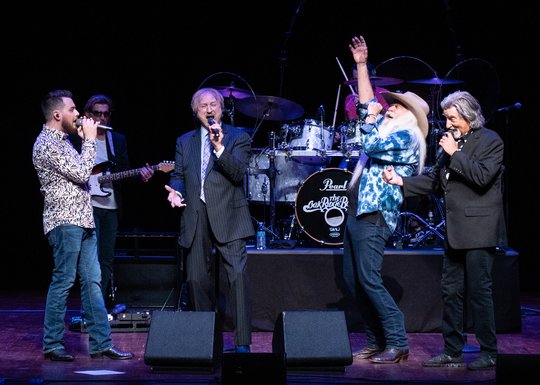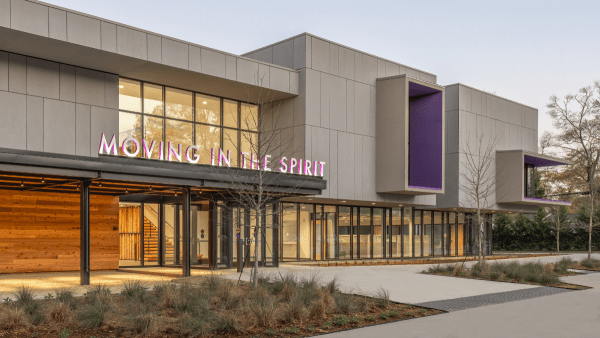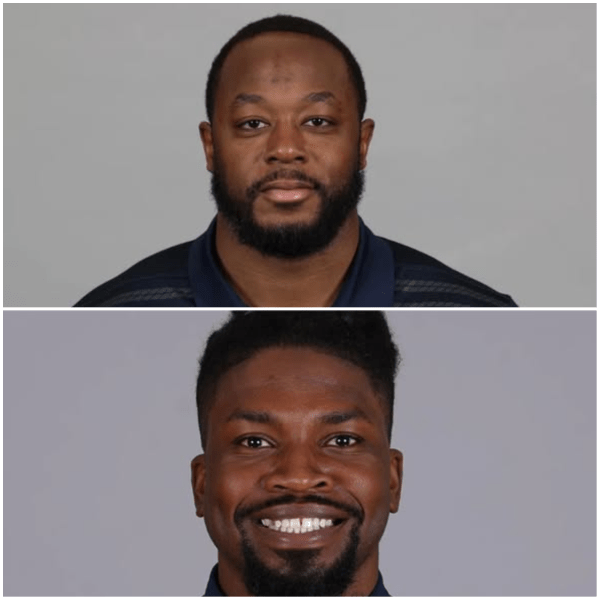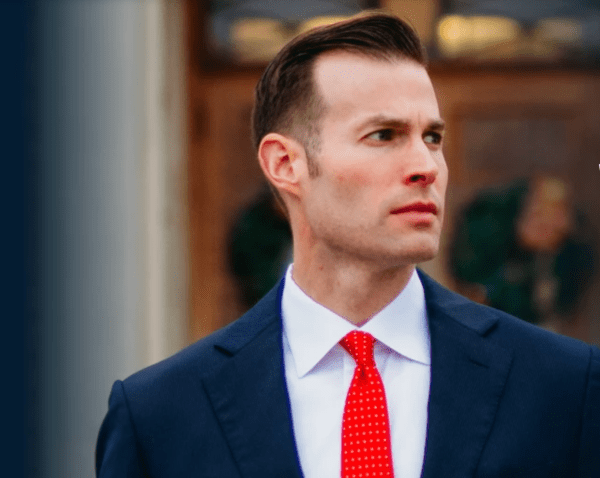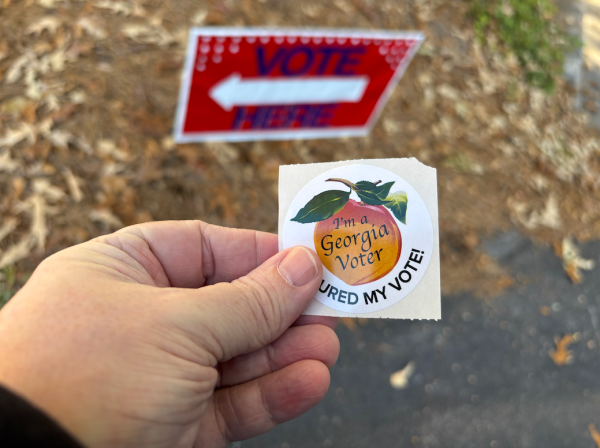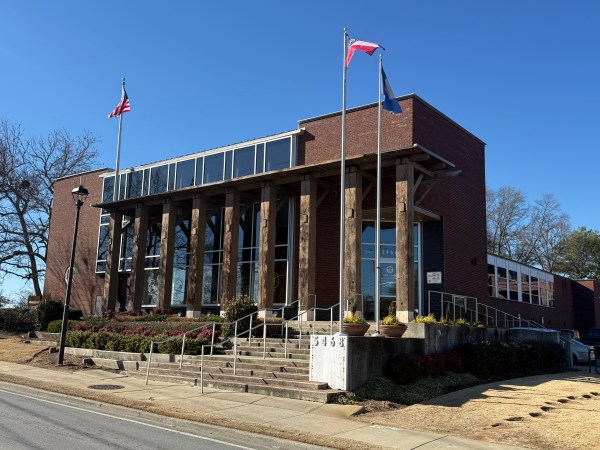26 years of dictatorship and narcoterrorism in Venezuela are about to end
This war on drugs is just beginning and it is not like Richard Nixon’s public enemy number one strategy or Ronald Reagan’s “Just Say No” campaign.

The U.S. is at war with drug cartels. The news should be cause for celebration, but some are trying to discredit and derail these efforts.
According to the detractors, the Cartel of the Suns doesn't exist. Killing drug traffickers is a war crime. The U.S., they argue, should relinquish its regional leadership and pursue ostrich diplomacy.
In this context of retorts and recriminations, the Trump administration is not giving up or giving in. On the contrary, it is determined to track, kill and destroy the drug cartels. This isn't propaganda; it's a promise being fulfilled in real time.
The war on drugs is no easy task, especially in an environment of impunity and resilience. The Cartel of the Suns, for example, led by Nicolas Maduro, has remained entrenched in power for 26 years.
In his first term, President Trump declared Maduro a narcoterrorist and launched a barrage of economic sanctions, recognized a different man as interim president, established a coalition of 50 countries and placed a $15 million bounty on the tyrant and his cronies. Nothing worked.
In 2025, Trump faces Maduro once again. His administration has deployed destroyers, nuclear submarines, amphibious ships, drones, F-35 fighters planes and a $50 million bounty, the largest in U.S. history.
This time, the U.S. is determined to finish the job. A report by the New York Times noted that the Trump administration has drawn up multiple military plans for an escalation. Those operations could also include plans designed to force Maduro from power.
This war on drugs is just beginning, and it is not like President Richard Nixon’s public enemy number one strategy or President Ronald Reagan’s “Just Say No” campaign.
Trump sent an explanatory document to Congress, arguing that we are already at war. “Based upon the cumulative effects of these hostiles acts against the citizens and interest of the United States and friendly foreign nations, the president determined that the United States is in a non-international armed conflict with these designated terrorist organizations,” he wrote.
Secretary of War Pete Hegseth said that “narco-terrorists are enemies of the U.S., actively bringing death to our shores… We will track them, kill them and dismantle their networks throughout our hemisphere.”
Maduro wants to show himself strong in the midst of the inevitable. He announced that he will “activate a special plan to guarantee coverage with more than 4.5 million militiamen throughout the national territory, Militias prepared, activated and armed.”
Despite Maduro's high-flown rhetoric, the Chavista regime is alone and on the ropes. China and Russia have expressed verbal solidarity but have given no indication of their willingness to intervene on behalf of their Caribbean ally.
The international community has also done its part to support Venezuela's freedom. Last Friday, the Norwegian Nobel Committee awarded the Nobel Peace Prize to Maria Corina Machado, an opposition leader who has dedicated 25 years of her life to fighting against the regime of Hugo Chávez and subsequently the tyranny of Nicolas Maduro.
The U.S military operations in the Caribbean Sea are paying off. The fulmination of drug-trafficking vessels is severely reducing drug trafficking and therefore revenues for the Cartel of the Suns. The Venezuelan military's loyalty is crumbling, and not even Cuban advisors can prevent the inevitable.
The America First policy is now the "Americas First" policy. Trump has prioritized Latin America over Europe, Asia and the Middle East. This administration is convinced that there can be no free world without a free, prosperous and secure Western Hemisphere. Foreign policy starts at home.
Global powers cannot and should not relinquish their regional leadership. The U.S. seems determined to guarantee a territory free of narcoterrorism. Beyond isolated actions, we seem to be witnessing a new Latin American doctrine beyond the traditional forms.
In this war context, the next 90 days will be crucial to breaking up the criminal drug trafficking structures in Venezuela. The list of objectives could already be defined and the actions scheduled. The Trump administration has said that peace can only be achieved through strength, and that is what is happening now. The dictator’s days are numbered.
Arturo McFields is an exiled journalist, former Nicaraguan ambassador to the Organization of American States, and a former member of the Norwegian Peace Corps. He is an alumnus of the National Defense University’s Security and Defense Seminar and the Harvard Leadership course.
What's Your Reaction?







